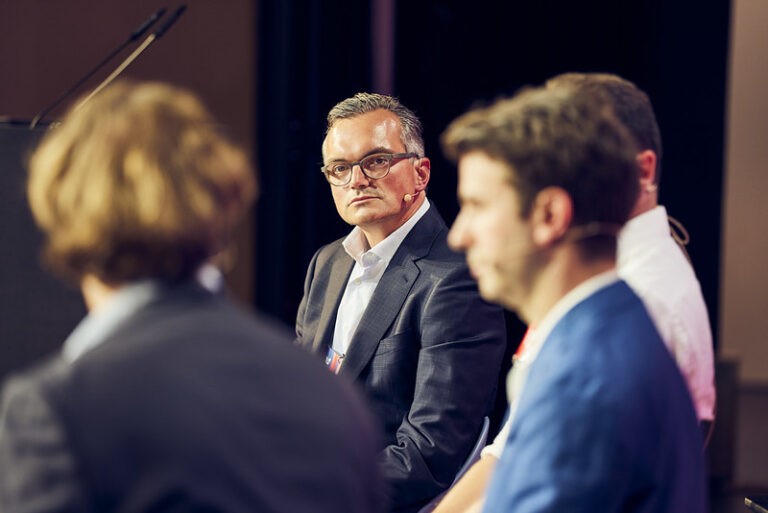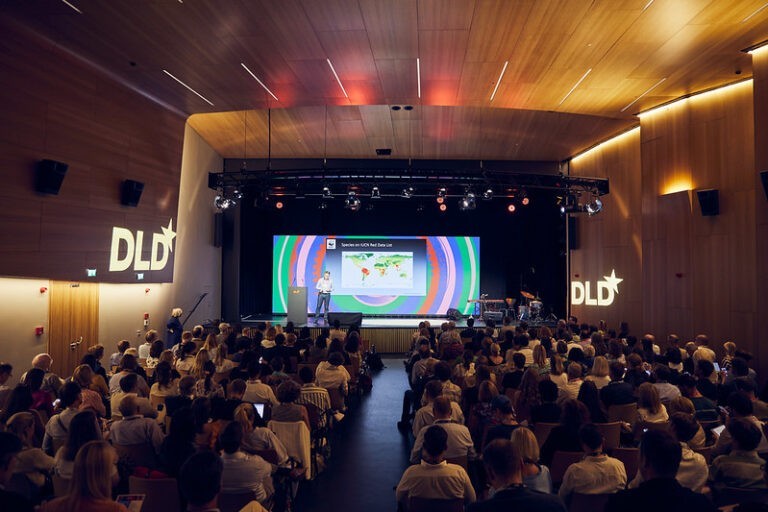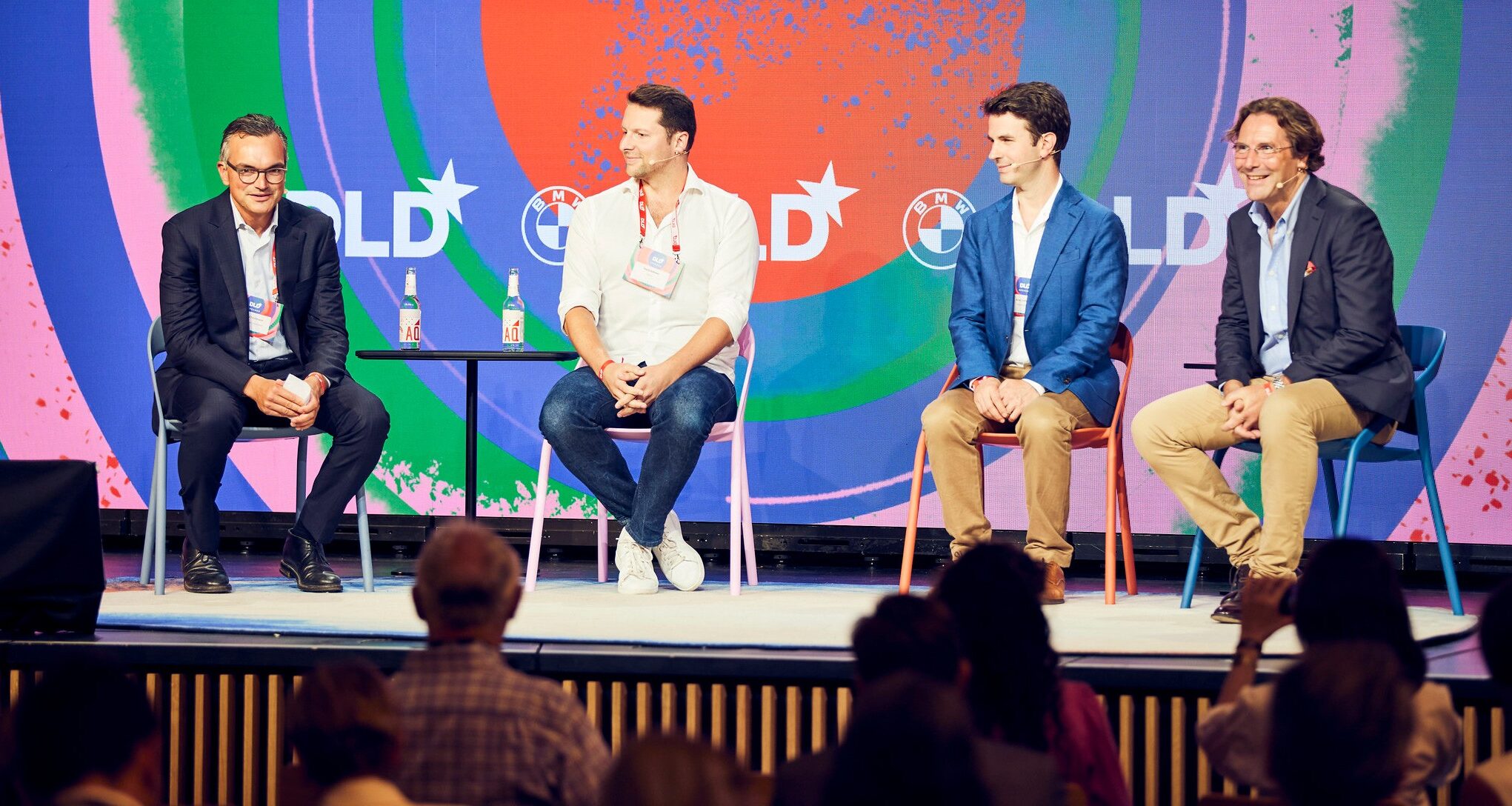How technology is enabling a sustainable future on the planet
Circularity may be the key to sustainable consumption
According to WHO, our world has just experienced the three hottest months ever recorded, making us painfully aware of the issue of climate change and its implications: from droughts to hurricanes – extreme climate situations are becoming more frequent around the world.
At DLD Circular, entrepreneurs, researchers, investors and other experts spent a full day discussing the implications – and potential solutions to slow down climate change. Including how circularity can help us significantly lessen our carbon footprint and guide us towards a more sustainable future.
At BPI, we have always believed in long-term sustainable business models: from one of our earliest investments in second-hand fashion marketplace Vinted to our newest investment, alternative plastics start-up Uluu we continue to see huge potential in the circularity space.
A couple weeks ago, our CEO Christian Teichmann joined Aron Gelbard, co-founder of UK-based flower delivery business and BPI portfolio company Bloom & Wild, Axel Roenneke, Chief Commercial Officer of OroraTech; and David Dohmen, CEO and Co-Founder of OCELL on stage to discuss how technology can help tackle environmental issues and work towards sustainability.
Here are four key takeaways from the DLD Circular:
1. Restricting consumption is not the solution:
As a society, we need to create awareness for our consumption, but solutions for the world’s current environmental issues will not (predominantly) stem from reducing consumption. Instead, we as a society need to leverage our technological advances to make manufacturing more sustainable and less harmful to the environment and those in it. In the panel discussion with Christian Teichmann, CEO of BPI, Aron Gelbard, co-founder of Bloom & Wild describes how his flower delivery business is leveraging tech to become net zero. You can listen to their talk here:
You are currently viewing a placeholder content from Default. To access the actual content, click the button below. Please note that doing so will share data with third-party providers.
More Information 2. Awareness for agricultural destruction and biodiversity loss are crucial:
The world’s ecosystems are threatened by agricultural use of land which, among other negative impacts, creates a huge loss in biodiversity. As Christoph Heine from WWF states: “Animal populations have declined by 70% since 1970.” – this is such an important statistic, because losing biodiversity means losing ecosystem services like water resources, genetic information, and natural resilience. We therefore have put extensive thought into how to make agriculture regenerative and conserve biodiversity on our planet.
3. Transitioning to a sustainable economic model will require reducing material waste, as well as using more renewable materials:
“91% of plastics is not recyclable, for a whole set of different reasons”, Joel Tasche, CEO of CleanHub explains. One possible solution to this are alternative materials made from production waste or renewable resources such as seaweed – technology has progressed enough to make anything from alternative plastics, like BPI portfolio company Uluu, or a variety of other alternative materials depending on the use case. To find out more about BPI’s position on this, check out our perspectives piece on revolutionary materials on the blog.
4. LLMs and AI will have a huge impact on the circular economy:
Artificial intelligence is opening up a whole new set of opportunities to further leverage technology to make economies more sustainable and enhance circularity. The technology, advancing faster than we have seen with any other technology in the past, has grown from zero to 100 million users in just two months, as Hermann Hauser, investor at Amadeus Capital points out in his talk on “The Impact of LLMs on the Circular Economy and Beyond”. He also notes that, given that “AI is trained on everything, it can be used for anything”. If you’re interested in AI topics, also check out our takeaways from the DLD AI Summit.
We have just announced our investment in Uluu, an Australian-based startup in the alternative materials space: find out more about the investment here.

DLD Circular 2023 | Christian Teichmann (CEO Burda Principal Investments)
© Dominik Gigler for DLD / Hubert Burda Media

DLD Circular 2023 I Amerikahaus
© Dominik Gigler for DLD / Hubert Burda Media

